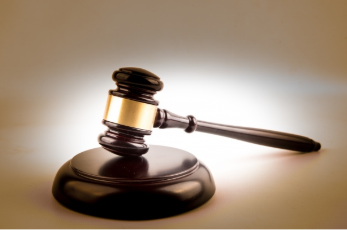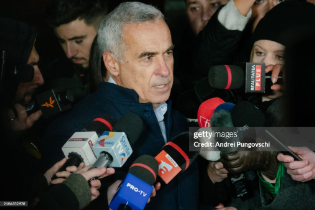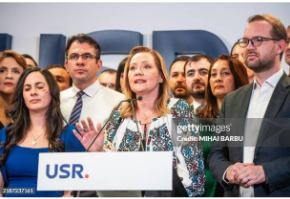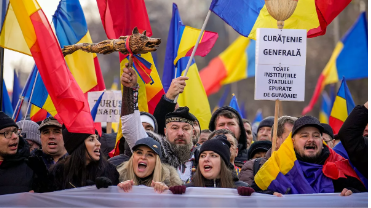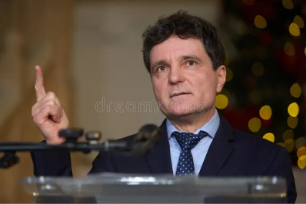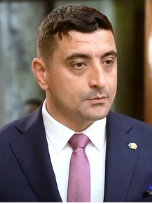To elect or not to elect? The Romanian Situation
Reading time: 2 minutes 49 seconds
After the Constitutional Court of Romania cancelled the second round of the Presidential elections, the newly formed government had to decide upon a new electoral season. The cancellation sparked strong reactions throughout the country, in the form of protests, new candidates and even a confrontation with the Bucharest Court of Appeal.
Struggles and negotiations within the Romanian government, following the whirlwind created by the cancelled elections, eventually led to the most significant decision that the public had been waiting for: the new dates. The government has agreed that the Presidential elections should be held on the 4th of May 2025, and, unless a candidate obtains an absolute majority, the second round will be held on the 18th. Many believe that the elections are taking place far too late into the year, however, it is essential for political parties and future candidates to have enough time to organise their campaigns. On top of that, the Constitutional Court of Romania also must ensure that each candidate is suitable to run for office. For instance, during the last electoral season, one of the extremist politicians, Diana Ivanovici-Șoșoacă, was not allowed to participate in the Presidential race because of her anti-democratic and anti-EU/NATO stances. It is, then, more than likely that the Court will forbid her from running in the new elections as well.
Călin Georgescu
A similar issue emerged regarding the infamous far-right candidate Călin Georgescu. Ever since he gained notoriety, the question of whether or not he will be allowed to run again has been posed, and, thus far, has remained unanswered. Although he has also attempted to contest the cancellation of the elections, the Bucharest Court of Appeal has rejected his proposal. Despite criticism from the Venice Commission, the decision of the Constitutional Court has not infringed upon any fundamental rights, and, therefore, remains final. Moreover, Georgescu's actions, speeches and beliefs, ardently supported by the populist party “Alliance for the Unification of Romanians” (AUR), have inspired people from multiple Romanian cities to take to the streets. Claiming to be anti-corruption, the AUR and Georgescu sympathisers gathered on the 18th of January 2025 to denounce the cancellation of the second electoral round and to voice disapproval of the current President, Klaus Iohannis. Torn between respecting popular opinion and safeguarding liberal democracy, the Constitutional Court will have to make a difficult choice regarding Georgescu's candidacy.
Elena Lasconi
Excluding the aforementioned (likely non-) candidates, the May elections will welcome both old and new faces. Elena Lasconi, the leader of the “Save Romania Union” party, was the other candidate that managed to enter the second round, in spite of her lack of external affairs knowledge. Unlike Georgescu, she has repeatedly expressed her liberal and pro-Western views. Similar to Lasconi, Bucharest's Mayor, Nicușor Dan, independently campaigning, will represent one of the reformist liberal, Occident-oriented choices. The government coalition, formed of the Social Democratic Party, National Liberal Party and the Democratic Alliance of Hungarians in Romania Party, has chosen Crin Antonescu, who is making a comeback to politics after 8 years of inactivity, as its conservative candidate. Nonetheless, he was one of the most important politicians in the 1990s and up until 2012, when he acted as interim President. The last relevant candidate this article will present is George Simion, the President of AUR. He vowed to stay out of the race in order to support Georgescu, but if the latter is not allowed to run again, then Simion’s name is highly probable to appear on the ballot.
As the new election date slowly approaches, only one uncertainty remains: who are the Romanian people going to elect? It has already been observed that the cancellation of last year's elections elicited strong reactions from the public and foreign institutions, so it remains to be seen whether voices from both of these spheres will pass positive judgement on the Romanian government’s decision It is improbable that we will find out if this risk was worth taking, but future reactions and the current political climate may indicate the direction of where Romania is headed.
Crin Antonescu
Nicuşor Dan
George Simion

